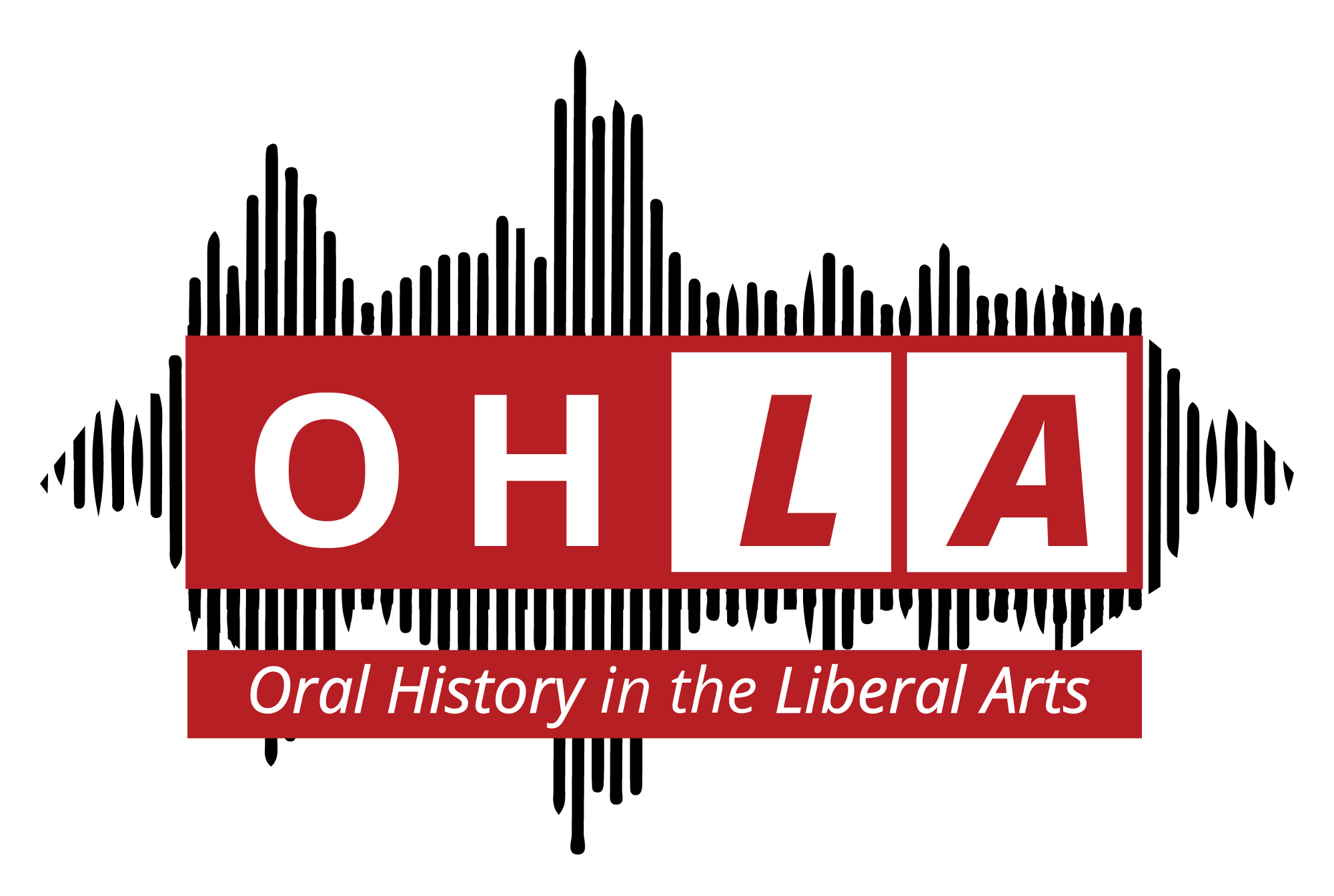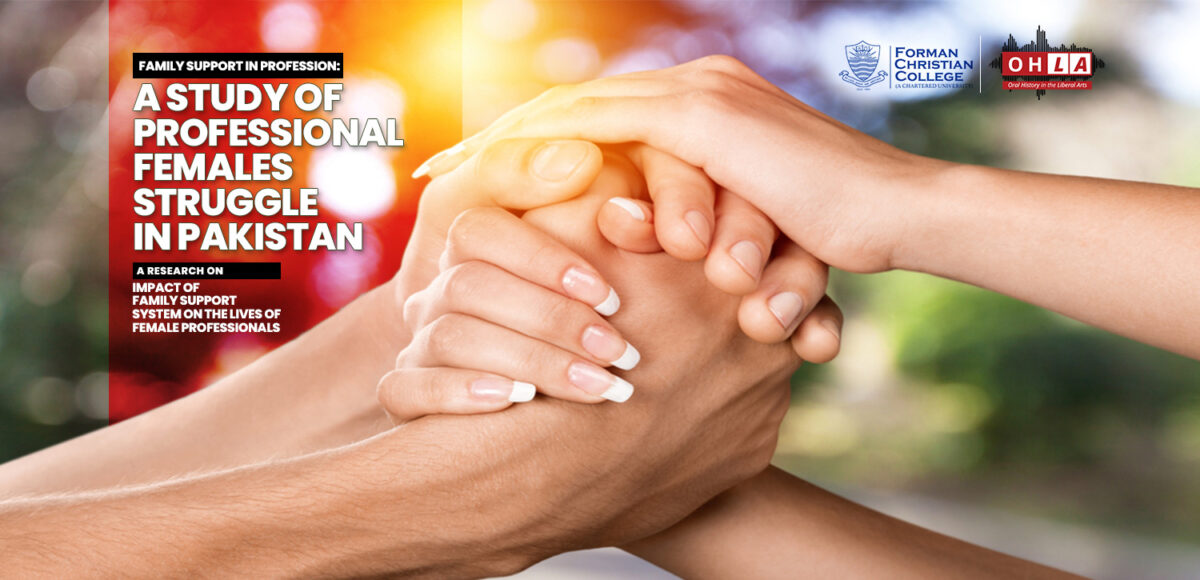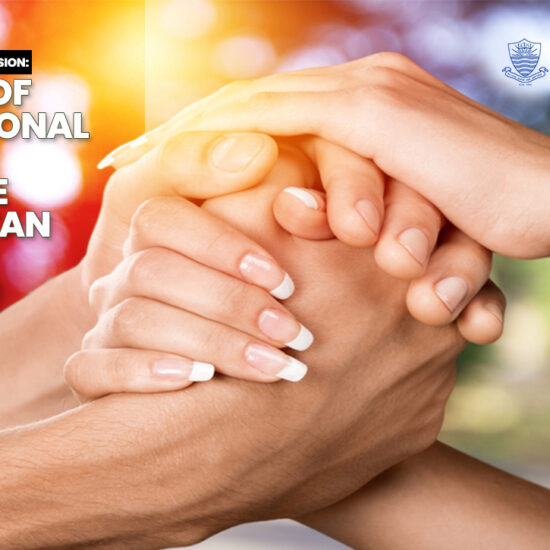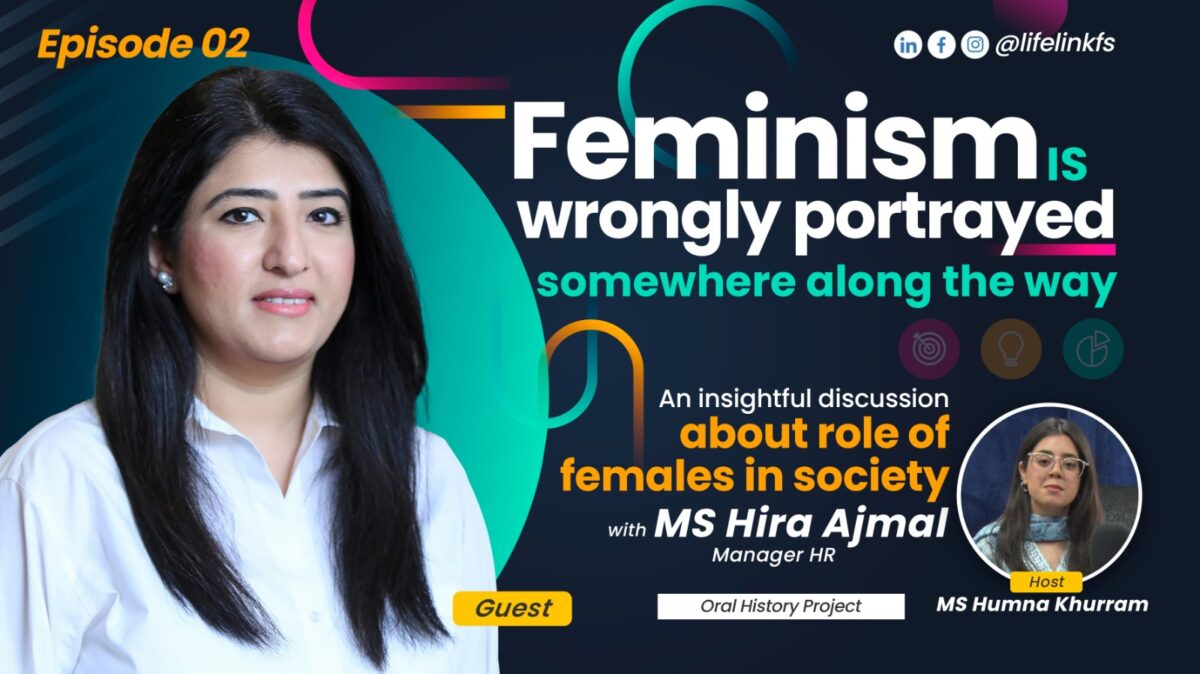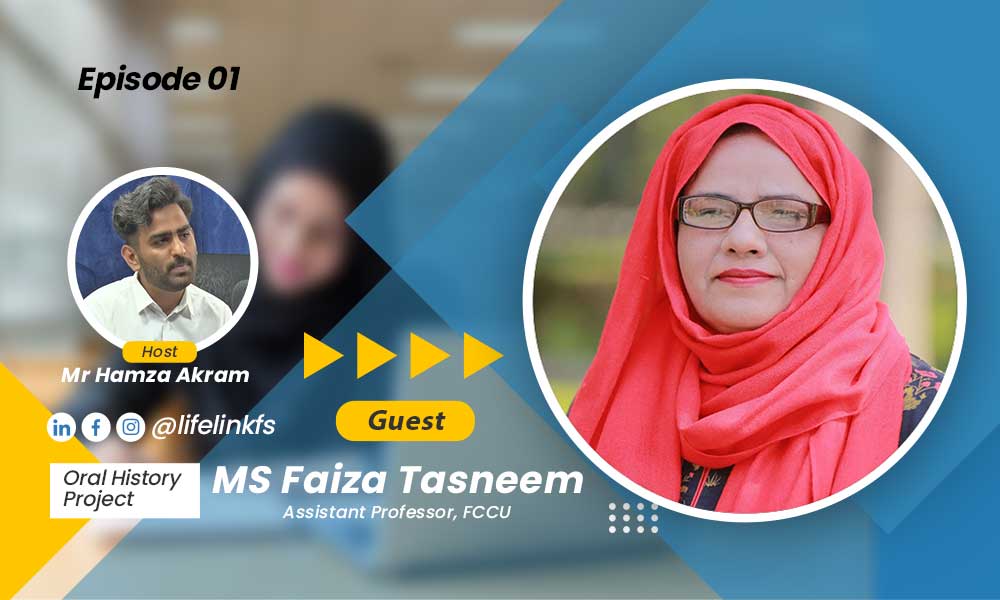Project Statement
IMPACT OF THE FAMILY SUPPORT SYSTEM ON FEMALE PROFESSIONALS’ LIVES
Women in Pakistan face several challenges that impede their professional and personal growth. The challenges can range from societal expectations to a lack of equal opportunities and rights. These remains a significant barrier to women’s participation in the workplace due to gender discrimination. Women in Pakistan are often expected to prioritize their family over their careers due to traditional gender roles. A mindset like this hampers women’s ability to earn equal pay, promotions, and job opportunities.
Workplace harassment and violence are common among Pakistani women. Women are discouraged from reporting such incidents due to a lack of proper grievance mechanisms and fear of retaliation. The lack of adequate transportation facilities negatively impacts women’s commutes to work. Traveling alone is unsafe for women due to the lack of safe public transport options and a lack of dedicated women-only transport options.
Balancing work and family responsibilities is a struggle for working women in Pakistan. Society’s expectations of women’s role in domestic responsibilities often clash with professional success demands. Limited childcare facilities and inflexible work hours further complicate matters, making it difficult for women to balance career and family obligations.
Working women in Pakistan also face a significant problem in accessing quality medical care. Long waiting times, limited healthcare facilities, and inadequate insurance coverage can hinder women’s medical care access. This exacerbates issues arising from reproductive health, chronic diseases, and workplace-related injuries, impacting their overall well-being and productivity.
It is evident that Pakistani working women face numerous challenges that limit their professional and personal development. From gender discrimination to limited access to education and healthcare, these issues need to be addressed to ensure equal opportunities and rights for all women in the workforce.
In this project, oral history and digital storytelling are incorporated into an approved course that involves faculty and students conducting research. Students were actively involved in the planning, execution, and reporting of the project. As a result, they learned how to conduct interviews. As a result, they gained knowledge about video editing and design software.
As a result of this project, future researchers, policy makers, and family members will have a deeper understanding of the importance of family support systems to the wellbeing of professionals.
All interviews were conducted with the participants’ consent. Thanks to everyone who contributed to this project; I couldn’t have done it without you.
Explore the project
Listen to the Interviews
Watch all Episodes of this Project Here.
Additional Materials
This project is in the fieldwork phase. Links to archival materials coming soon.
Funding & Support
This project is supported by the Andrew W. Mellon Foundation through the Great Lakes Colleges Association’s Global Liberal Arts Alliance.
